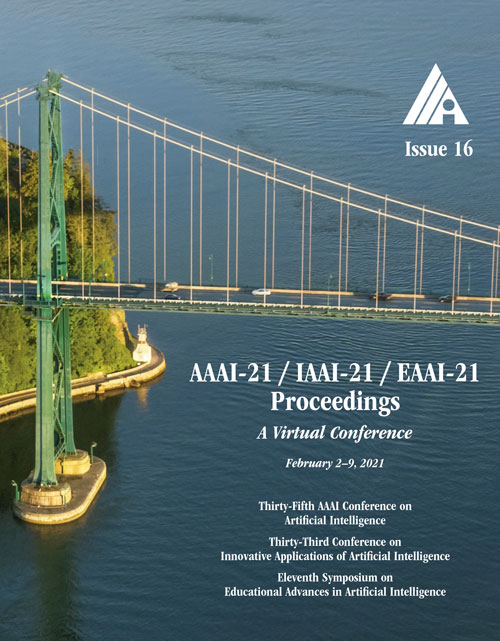A Unified Multi-Task Learning Framework for Joint Extraction of Entities and Relations
DOI:
https://doi.org/10.1609/aaai.v35i16.17707Keywords:
Information ExtractionAbstract
Joint extraction of entities and relations focuses on detecting entity pairs and their relations simultaneously with a unified model. Based on the extraction order, previous works mainly solve this task through relation-last, relation-first and relation-middle manner. However, these methods still suffer from the template-dependency, non-entity detection and non-predefined relation prediction problem. To overcome these challenges, in this paper, we propose a unified multi-task learning framework to divide the task into three interacted sub-tasks. Specifically, we first introduce the type-attentional method for subject extraction to provide prior type information explicitly. Then, the subject-aware relation prediction is presented to select useful relations based on the combination of global and local semantics. Third, we propose a question generation based QA method for object extraction to obtain diverse queries automatically. Notably, our method detects subjects or objects without relying on NER models and thus it is capable of dealing with the non-entity scenario. Finally, three sub-tasks are integrated into a unified model through parameter sharing. Extensive experiments demonstrate that the proposed framework outperforms all the baseline methods on two benchmark datasets, and further achieve excellent performance for non-predefined relations.Downloads
Published
2021-05-18
How to Cite
Zhao, T., Yan, Z., Cao, Y., & Li, Z. (2021). A Unified Multi-Task Learning Framework for Joint Extraction of Entities and Relations. Proceedings of the AAAI Conference on Artificial Intelligence, 35(16), 14524-14531. https://doi.org/10.1609/aaai.v35i16.17707
Issue
Section
AAAI Technical Track on Speech and Natural Language Processing III

